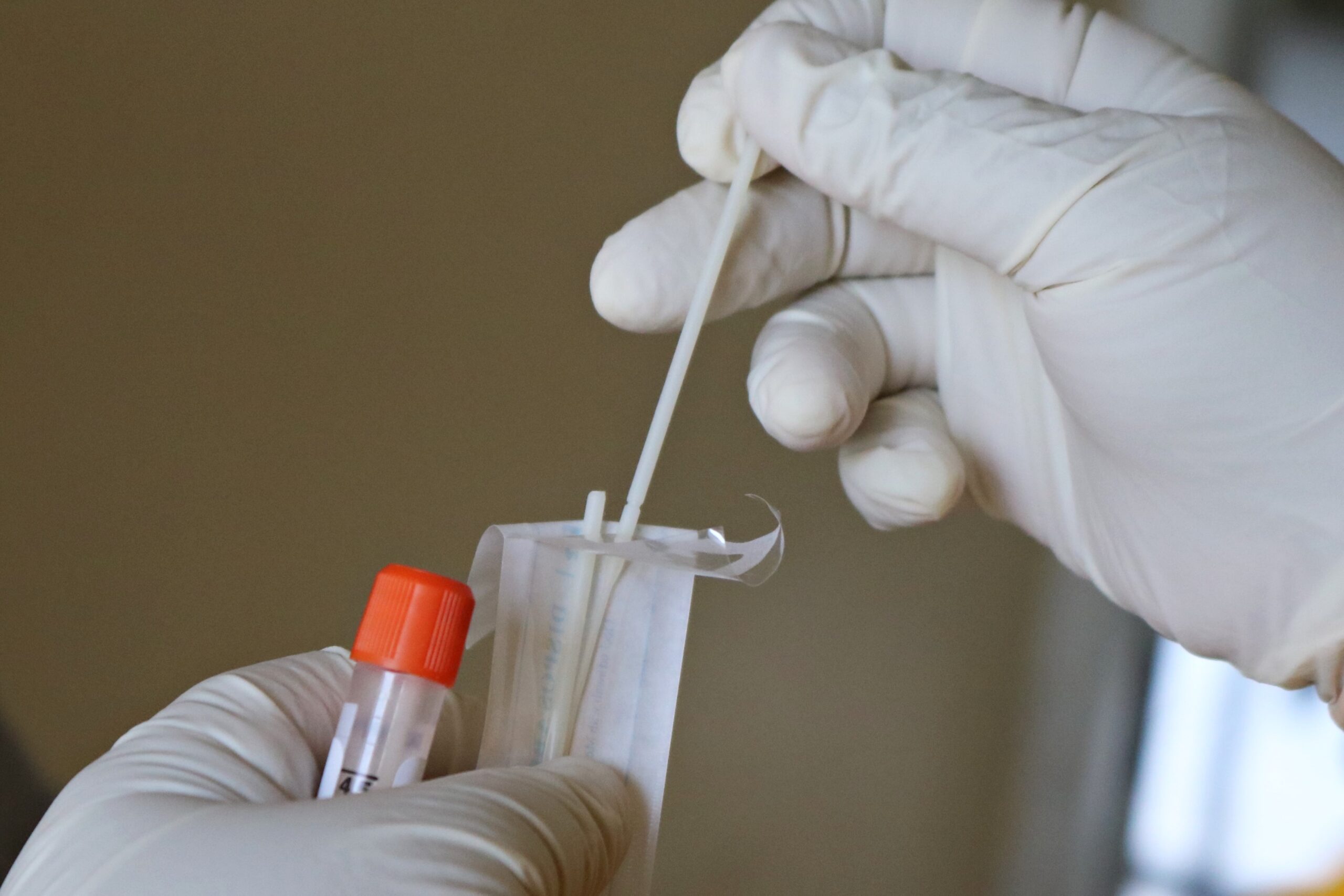
As the world moves through 2023, “COVID-19” has become a phrase uttered far less often by the public, even though it was considered a universal threat not even a year ago. Testing sites across the country have either decreased their hours or shut down. Masks are no longer required in most public and private establishments, and the occasional cough heard across the room no longer instills fear in people’s hearts. The pandemic is over. Kind of.
“In my opinion, COVID-19 has simply become part of our everyday experience, much like illnesses like the cold or flu,” said Dr. Chase Porter, professor of political science. “Due to a combination of widespread vaccination and infection, the virus is not nearly as deadly as it was at the beginning of the pandemic. It’s now very common to get COVID and to get it multiple times.”
The main reason COVID has become less of a talking point is that people are not as affected in their daily lives as much. People have not only developed stronger immunity to the virus due to constant exposure, but vaccine technology has become more sophisticated.
Long gone are the days when people were concerned about getting blood clots after taking the vaccine.
Now, scientists look toward protecting against new strains and creating better ways to administer shots.
“The latest approved vaccine on the market in the U.S. is the mRNA-based bivalent booster, which targets both the original strand of COVID and the omicron variant,” Porter said. “One goal for vaccines includes wider development of a vaccine that can be delivered intranasally rather than through an injection.
According to NBC News, there are 117 of these in development, with five approved in different countries and 20 more in clinical trials.”
Audrey Smith, junior creative writing major, argues that in addition to improvements in the medical field, the media has played a massive part in how the public perceives the virus. Both sides of the political spectrum have used television and social media to voice their opinions.
“I definitely think [COVID] has been used to try painting a picture of the other [political party],” Smith said. “Republicans will complain that Democratic efforts to give government support are ineffective, and Democrats will complain that Republicans aren’t doing enough to address the issue.”
“Not only have these parties pointed out each other’s flaws, but they also have switched their opinions on multiple occasions,” said Andrew Winslow, junior creative writing major.
“The Trump administration came up with the vaccine, and of course that made it evil for the Democrats, but as soon as Biden gets into office and starts endorsing it, they flip sides,” Winslow said. “All of a sudden, Democrats are all for it and Republicans are all against it.”
Politicians themselves have claimed the virus not only changed the political atmosphere but also ushered in a new era for government policies. Porter references Gov. Gavin Newsom, voicing skepticism of the politician’s claim to “see this [the pandemic] as an opportunity to reshape the way we do business and how we govern.”
“At this point, I do not think that we have witnessed the fundamental reshaping of governance as that quote seems to imply,” Porter said. “But there have been ways in which the pandemic has created conditions for implementing policy changes, especially as it relates to fiscal policy. The American Rescue Plan is a $1.9 trillion spending bill that was implemented in 2021 in response to the economic challenges created by COVID but included a wide range of spending provisions seemingly unrelated to the pandemic.”
Thus, as parties began implementing the changes they wanted, the necessity to dramatize the issue lessened. The virus was becoming less deadly, and both politicians and civilians were tired of rehashing the topic. Additionally, the economy has finally started to recover from the devastating effect of the two-year lockdown.
“Some aspects of economic recovery have been stronger and faster than anticipated,” Porter said. “Gross domestic product and the labor market have had very robust recoveries that have exceeded expectations from the beginning of the pandemic. The primary impact we are currently experiencing is significant inflation that was caused by a variety of pandemic-related factors, including the government spending bills.”
Government officials might avoid conversations about the pandemic, as the subject will undoubtedly lead back to their exorbitant spending done during an emergency and its negative effect on the economy. Regardless of political and economic implications, the fact of the matter is that everyone is tired of rehashing the same issue. Rather than saying what has already been said, most have decided to turn their attention elsewhere.
“People want to get away from the politics of what happened during COVID at its height,” Winslow said. “People just want to move on.”


